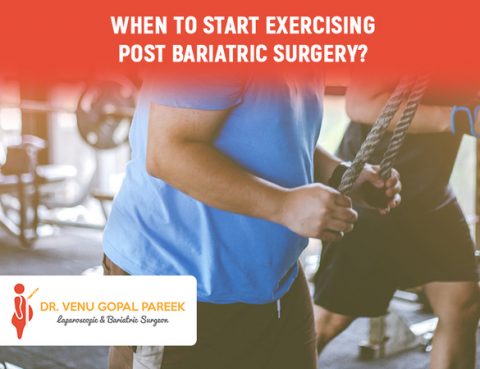
Obesity can have many factors that contribute to it. Various reasons could be genetics, lifestyle, disease, lack of exercise etc. Long-term weight loss can be challenging to achieve with just diet and exercise alone. Most candidates tend to gain weight quickly. For this reason, people are looking for weight loss methods that work best for…

Obesity is a problem that develops in people of all ages, including the elderly. Although there are preventive steps to control and treat obesity in the elderly, weight-loss surgery is also done for people over 65 years of age. A new study shows that weight loss surgery can be beneficial for older people to achieve…

Healthy exercise habits are a vital component of long-term outcomes in people who have had bariatric surgery. Exercise not only helps you lose weight but also stimulates the production of a hormone that feels good, called endorphins. Exercise also helps keep muscles tight and healthy, strengthen and balance them , increase energy and improve quality…

Well, one of the most frequently asked questions by patients to obesity surgeons is what type of diet and lifestyle they need to follow after Bariatric surgery. Most bariatric surgeons offer their patients tailored nutrition plans based on the type of surgery performed and the patient’s unique health and lifestyle factors. Maintaining adequate bariatric nutrition…

Appendectomy is the surgical removal of appendix to treat appendicitis. Appendectomy is one of the most common surgeries. One in every two thousand people has appendicitis somewhere in their life. Treatment requires surgery to remove the infected attachment. Traditionally, the appendix is removed by an incision near the lower right abdominal wall. Appendectomy is a…